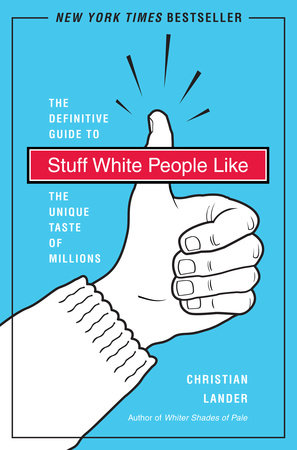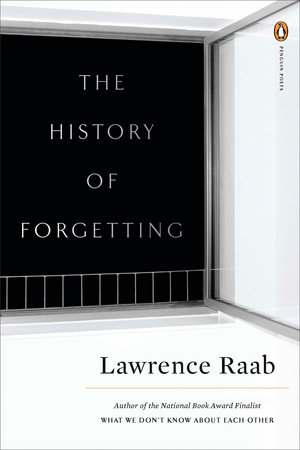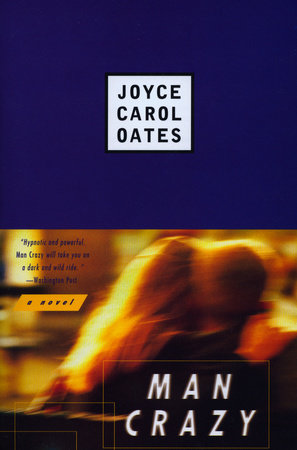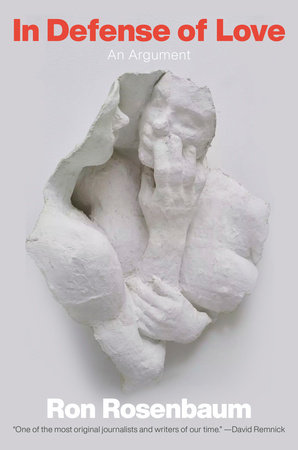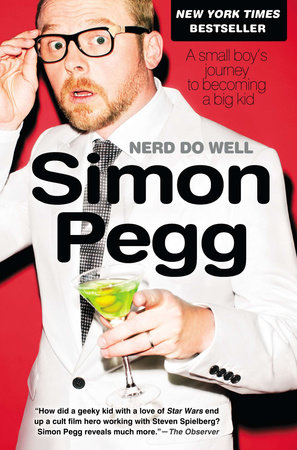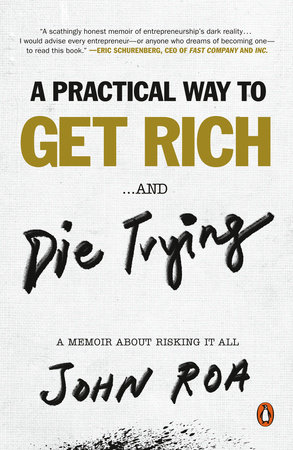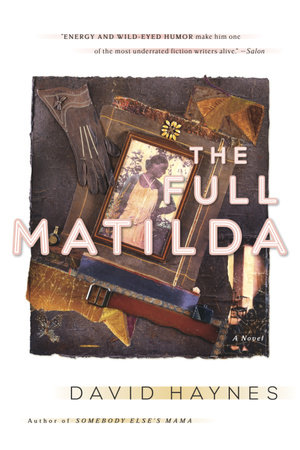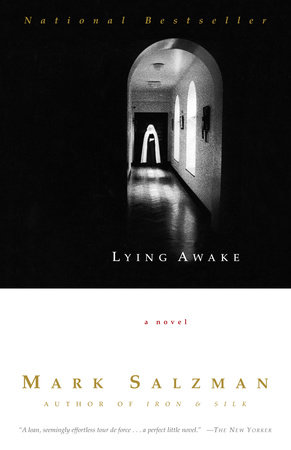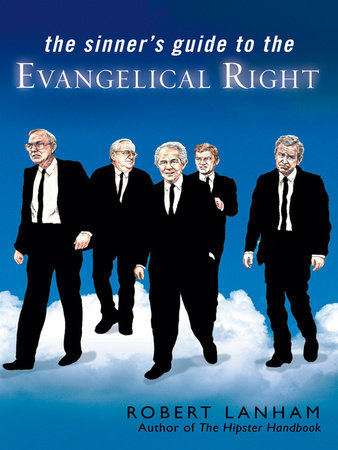A Conversation with Vendela Vida
Author of AND NOW YOU CAN GO
Q: In your novel, there’s a character called the R.O.T.C. boy, who puts tacks in his face to, as he explains it, "Show his devotion" to Ellis, the narrator. Please tell me you don’t know anyone like this.
A: When I was much younger, I knew a guy who…well, let’s just say he was capable of that kind of thing. He was nice enough, but I do occasionally think about him now and worry. I hope he’s resting comfortably, wherever he is, and hope he doesn’t mind my borrowing that detail from him.
Q: The action of the book begins on the first page when Ellis is held captive in Riverside Park by a man with a gun. How did you decide to structure the novel that way?
A: I read a lot of plays—Ibsen and Strindberg’s in particular—because I love the way plays seem to begin at the last possible moment. That’s why, in some ways, this book reads like a play—everything is set in motion by the first encounter, when things fall apart, and after that, it’s about how things fall back into order.
Q: The book is about Ellis’s life being threatened by a stranger, but it’s also about how the people around Ellis react to what’s happened to her. We expect it to be about how she personally deals with the trauma, but it’s just as much about how a small community of people deals with it, isn’t it?
A: It’s how young people in New York deal with it too—which is different from what might happen in other places. There’s that sense that something like the hold-up at gunpoint that Ellis experiences is eventually bound to happen, and that it might be your own fault if it does. So Ellis gets an education about the strengths of the people around her, or the lack thereof, and about their assumptions and actions when pushed into a corner. In that way it’s about the social fabric, but it’s also about rage, which is the most common sort of tear in that fabric. In many ways, I think this novel is about the way everyone—you, me, Ellis, other characters in the book—thrusts their rage, whatever its source, on others and how they deal with the rage thrust upon them by others. I think—well, I hope—some of the humor in the book comes from the discrepancy between what we want and what we ask for. I guess I didn’t make it sound funny just now, but I swear it is!
Q: Tell us about Ellis.
A: Ellis is the daughter of immigrants, her father Polish and her mother Italian. Her mother always imagined that when she came to the United States she’d land first on Ellis Island and blow the Statue of Liberty a kiss. Instead when she finally arrived, she landed in Honolulu. Thus her first daughter became Ellis. And her parents being so newly American has a lot to do with her own personality. I have a surprising number of first-generation American friends whose parents are from Cuba, Mexico, Norway, or Ethiopia. A lot of them shunned their parents’ advice when they were younger because they felt that their experiences were, well, foreign, and therefore irrelevant. As they get older, though, they find themselves embracing their parents’ cultures and wisdom. And Ellis is on the cusp of that realization.
Q: Half-way through the book, Ellis leaves on a medical mission to the Philippines. How did you decide to take the book there?
A: I wrote the book without an outline and without really knowing what would happen next. In a way, I wanted to live it as Ellis was living it. When I got half-way through, though, I thought: Okay, now what?
I live in Northern California, where there’s a large Filipino population, and I’ve met a few Filipino doctors and nurses who return to the Philippines every year to offer free medical help. Some of the most needed procedures—because of the Philippines’ proximity to the equator and the deficit of sunglasses—are cataract operations. So Ellis goes with her mother, a nurse, to reflect, to defrost, and … please save me from making some awful allusions to sight, regaining it, etc.
Q: What writers or books influenced you in writing AND NOW YOU CAN GO?
A: When I look back at the writers who I’ve read most thoroughly, I’m pretty surprised myself. Why have I read everything Philip Roth’s done, for example? It’s hard to pin down my appreciation, and it’s harder to see whether or not he’s been an influence. But I do love his anger, and how quickly and effortlessly it can turn hilarious. But I was also rediscovering Mary Robison while writing this book, and her work probably rubbed off on me in various ways.
Q: Naturally, because the gun scene and the events thereafter seem so real—even the absurdity of events in the wake of the assault is perfect—people will ask if this is based on real events. Is it?
A: Well, I lived in New York for eight years. If you take enough walks in the park, especially pre-Giuliani, chances are you might have an experience or two. I guess I’ll leave it at that.






